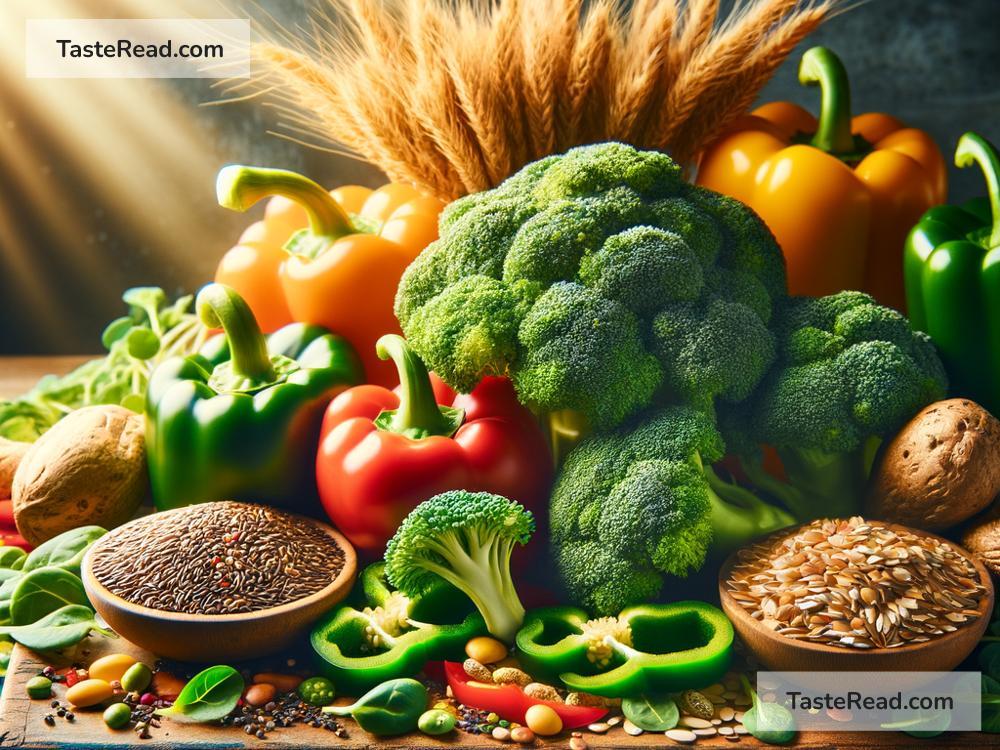The Role of Vitamin B31 in Metabolic Health
When we talk about staying healthy, eating a balanced diet is often the first thing that comes to mind. But have you ever wondered why certain vitamins play such an important role in how your body works? One lesser-known but increasingly significant vitamin is Vitamin B31. Though Vitamin B31 might not be as famous as Vitamin D or Vitamin C, it has some pretty exciting contributions to your metabolic health. Let’s take a closer look at this essential nutrient and why it’s so important for your body.
What is Vitamin B31?
First things first, you might have noticed that Vitamin B31 doesn’t sound as common as other B vitamins like B6 or B12—and you’re right! It’s not officially recognized as one of the standard B vitamins (yet). However, Vitamin B31, also known as choline bitartrate, shares many of the same responsibilities as other B vitamins. Some scientists even call it a “member of the B-vitamin family.”
Vitamin B31 isn’t something your body produces in large amounts, which is why it’s considered an essential nutrient. This means you need to get it from your diet! It can be found naturally in foods like eggs, beef liver, fish, Brussels sprouts, and certain beans. You can also find it as a dietary supplement.
What Does Vitamin B31 Do in Your Body?
Vitamin B31 is key to metabolic health—that is, the processes involved in turning food into energy and keeping your body functioning properly. Let’s break down how this powerful nutrient helps your body:
1. Supports Fat Metabolism
One of the biggest jobs of Vitamin B31 is helping your body break down fats. Whenever you eat foods that contain fat, your body relies on this vitamin to process those fats and turn them into usable energy. Without enough Vitamin B31, your body might struggle with this process, possibly leading to the buildup of fat in unhealthy ways.
2. Helps with Detoxification
Every day, your liver works hard to remove toxins from your body, and Vitamin B31 plays a major role in this process. It helps your liver maintain good health and function effectively. Research has even shown that having enough Vitamin B31 can prevent fatty liver disease, a condition caused by too much fat accumulating in the liver.
3. Boosts Brain Health
While its main role is in metabolism, Vitamin B31 also supports brain health. It is a building block for acetylcholine, a neurotransmitter that helps your brain send signals to the rest of your body. Proper amounts of acetylcholine are essential for memory, muscle control, and even mood.
4. Helps Maintain a Healthy Metabolism
Your metabolism is like your body’s engine—if it’s running smoothly, you’ll feel energetic, healthy, and balanced. Vitamin B31 is essential for ensuring your metabolism stays on track. It interacts with other B vitamins to support energy production and other metabolic processes.
What Happens When You Don’t Get Enough?
Not getting enough Vitamin B31 can have some serious effects on your health. This is called a choline deficiency, and it can lead to problems like:
- Fatty Liver Disease: Since Vitamin B31 helps break down fats, a deficiency might lead to fat buildup in your liver.
- Muscle Damage: Low levels of Vitamin B31 may cause muscle breakdown, leading to weakness and discomfort.
- Poor Memory and Cognitive Issues: Without enough acetylcholine produced by Vitamin B31, your brain can be impacted, leading to memory problems and other cognitive challenges.
Some studies suggest that low levels of Vitamin B31 might also contribute to chronic illnesses over time, like heart disease or even certain types of cancer. That’s why it’s so important to make sure you’re getting enough of this nutrient!
How Can You Get Enough Vitamin B31?
The good news is, you can get Vitamin B31 from many foods. Here are some excellent sources:
- Eggs: Especially egg yolks—they’re one of the richest sources!
- Beef Liver: Packed with nutrients, including Vitamin B31.
- Fish: Salmon and cod are good options.
- Vegetables: Broccoli, cauliflower, and Brussels sprouts contain small amounts.
- Legumes: Beans, soybeans, and lentils can also boost your Vitamin B31 intake.
For people who don’t get enough through their diet, supplements are available too. Always check with a healthcare provider before starting any new supplement to make sure it’s safe for you.
Who Needs Vitamin B31 Most?
Although everyone needs Vitamin B31, certain groups of people may need more attention to their intake:
- Pregnant Women: During pregnancy, Vitamin B31 is especially important for the baby’s brain development.
- Athletes: Since Vitamin B31 helps with energy production, athletes may benefit from higher amounts.
- People with Liver Conditions: Those at risk for fatty liver disease or other liver issues might require more Vitamin B31.
Final Thoughts
Vitamin B31 may not steal the spotlight the way other vitamins do, but its role in metabolic health is undeniably important. It helps your body process fats, supports your brain, and keeps your liver working efficiently. Eating a balanced diet rich in foods like eggs, fish, and vegetables can ensure you’re getting enough of this nutrient.
So, the next time you’re planning your meals, don’t forget about Vitamin B31—it’s not just “another vitamin,” but a powerful tool to keep your body healthy and energized!
And remember: small changes in your diet can lead to big improvements in long-term health!


